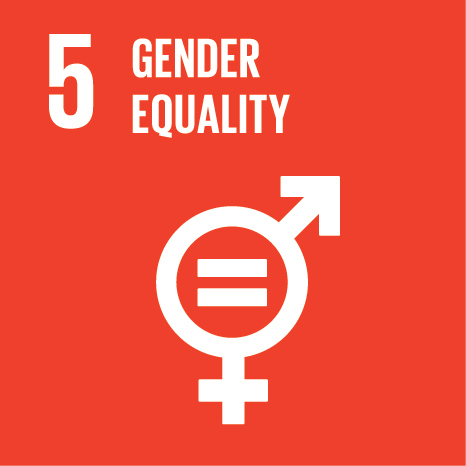Girls Ruled the Social Good Summit
When the stage lights went out and the 2016 Social Good Summit finally began, two teenage girls took the stage and danced to the Spice Girls song “Wannabe”. The song was featured in a video about girl power and gender inequality issues – a project designed to tell global leaders what girls really, really want; it really set the scene for this year’s summit.
Global Goal 5, Gender Equality, was a big theme from beginning to end at the Social Good Summit. Panels such as “Power Players: Women & Global Leadership” featured notable female leaders, including Helen Clark, administrator of the United Nations Development Program and former Prime Minister of New Zealand. Clark highlighted that women should be ambitious and that girls’ “merit and worth is just as good as everyone else’s”.
Even the sessions that didn’t specifically have gender equality as its main topic managed to make every woman watching feel empowered. Marguerite Barankitse, laureate of the Aurora Prize and founder of Maison Shalom (which promotes the rights of children in Burundi) gave an inspiring speech about her wishes for the international community to come together and “become one true family – one human family”.
On the second day of the summit, youth voices like Rise Up Girl Leader, Memory Banda, talked about their involvement in the fight for equal rights for women and men. Memory stressed the urgency of solving a major issue for girls, especially in her home country Malawi: child marriage. These practices stop girls from going to school and living their lives as a regular child/teenager. Memory’s story as an 18-year-old girl who escaped child marriage is awakening, but it was even more shocking to find out that her younger sister, Mercy, was not able to escape from this cycle, instead getting pregnant and being forced to marry at the age of 11.
The conference featured dozens of amazing female speakers who emphasized the importance of women empowerment. Its crucial to mention one woman who is a huge representative of strength in the pop world: Demi Lovato.
Frankness was expected from the famous pop singer – who overcame so much in the past years; however, the speech that Demi delivered at the summit showed more than honesty. Courageously, the singer spoke about her bipolar disorder and drug use, while advocating for the treatment of mental health issues. Demi spoke alongside Mike Bayer, co-creator of CAST Centers – the clinic Demi was in for her treatment.
After two days at the Social Good Summit, which I covered with the other 19 UNA Blogger Fellows (fun fact: more than half were women!), I felt extremely empowered and ready to make some changes of my own in the world. The path to 2030 is long and arduous, but with increasing gender equality, I am positive that all the other goals can be tackled too.




